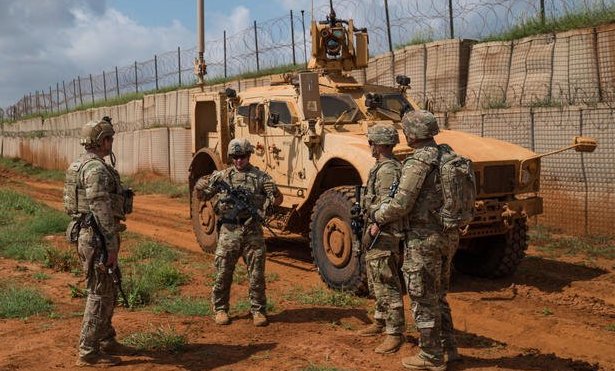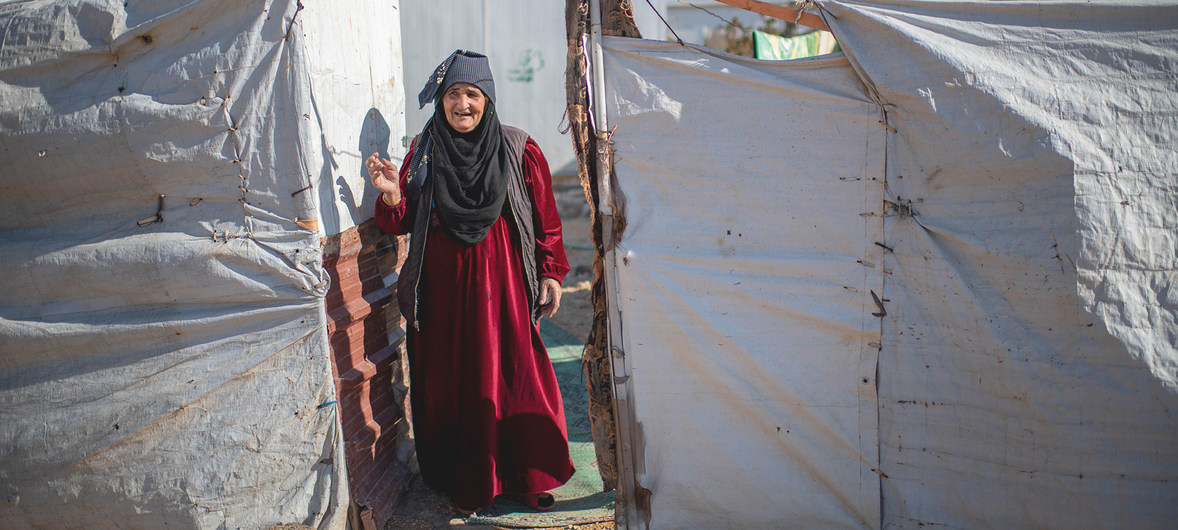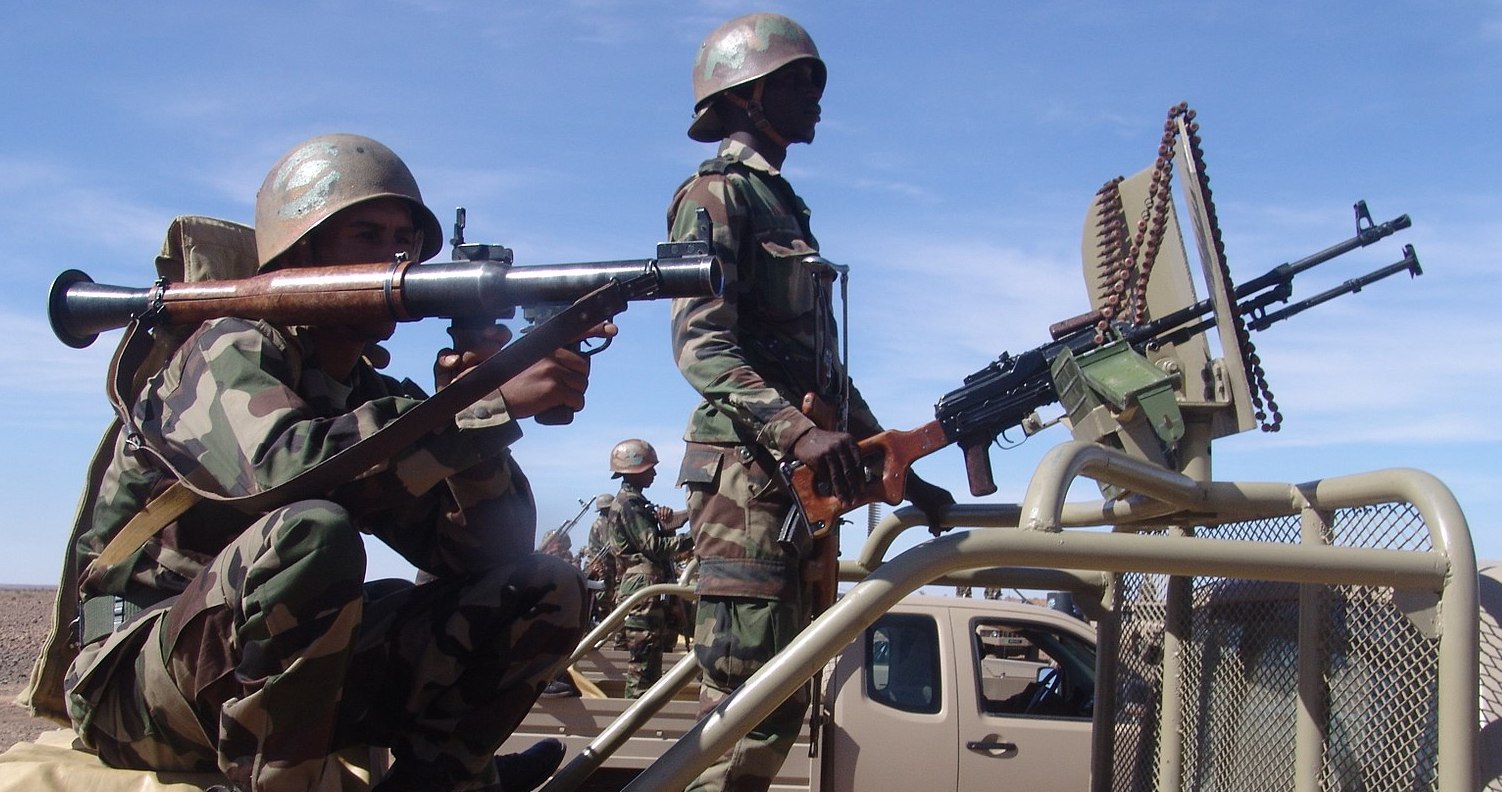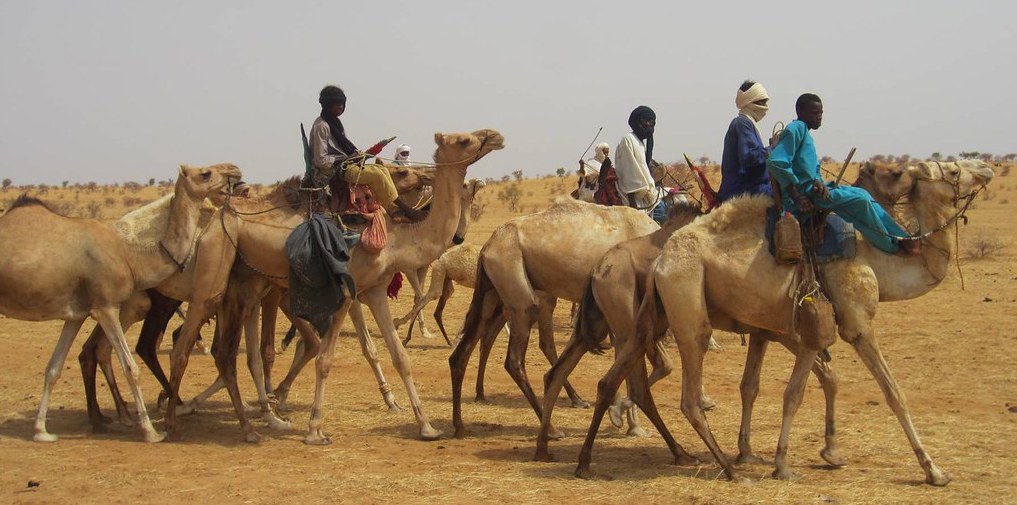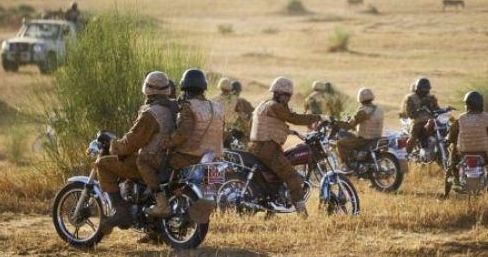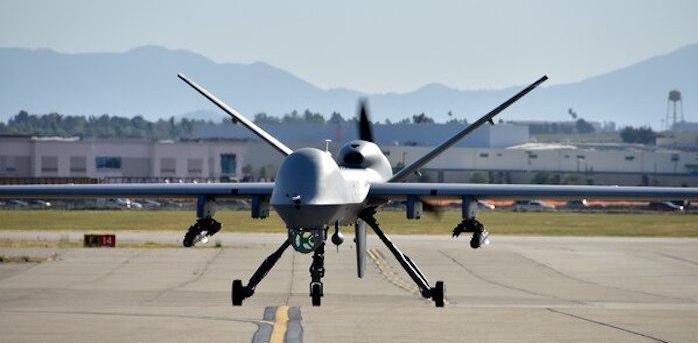
US steps up drone ops as Sahel violence flares
In the latest outbreak of fast-escalating violence across Africa’s Sahel, gunmen in Niger killed at least 58 people when they intercepted a convoy of four commercial transport vehicles carrying local civilians from a weekly market, and attacked nearby villages. The passengers were summarily executed, and homes and granaries put to the torch in the villages. The attacks took place in the Tillabéri region, near the flashpoint “tri-border area” where Niger, Mali and Burkina Faso come together. Militant groups linked to ISIS and al-Qaeda cross between all three countries. The CIA is stepping up drone surveillance flights from a base it has established at Dirkou, in Niger’s Agadez region. MQ-9 Reapers are stationed at the base, and armed strikes on militant targets are said to be under consideration pending a review by the Biden administration. (Photo: Airman Michelle Ulber via Israel Defense)



